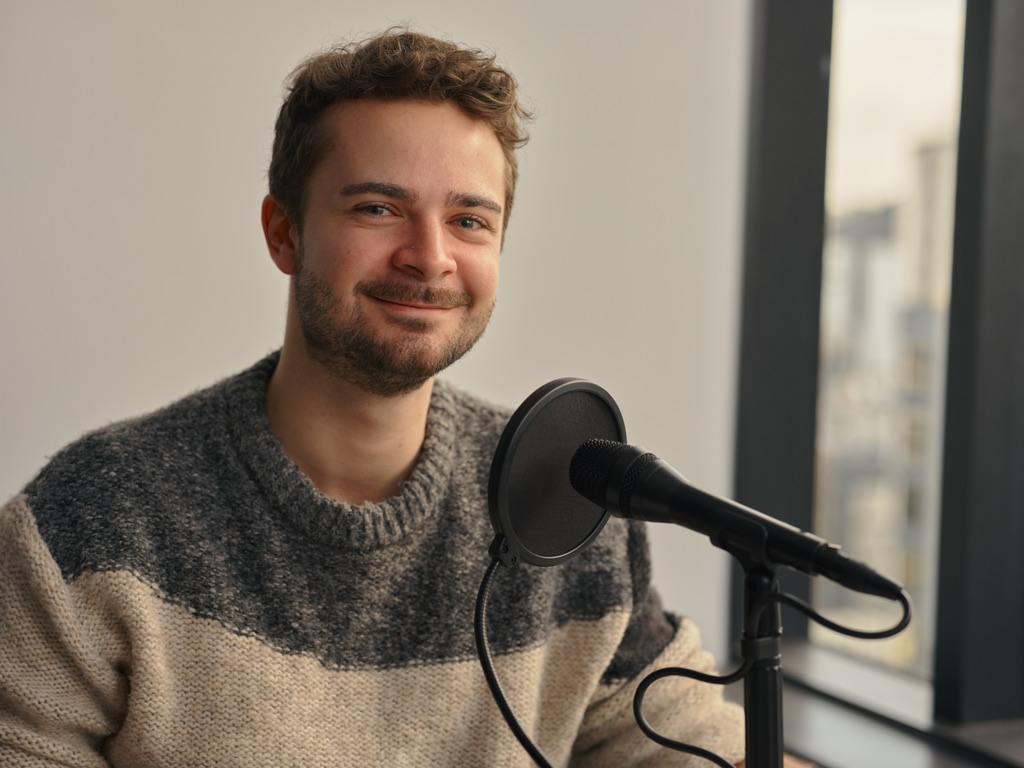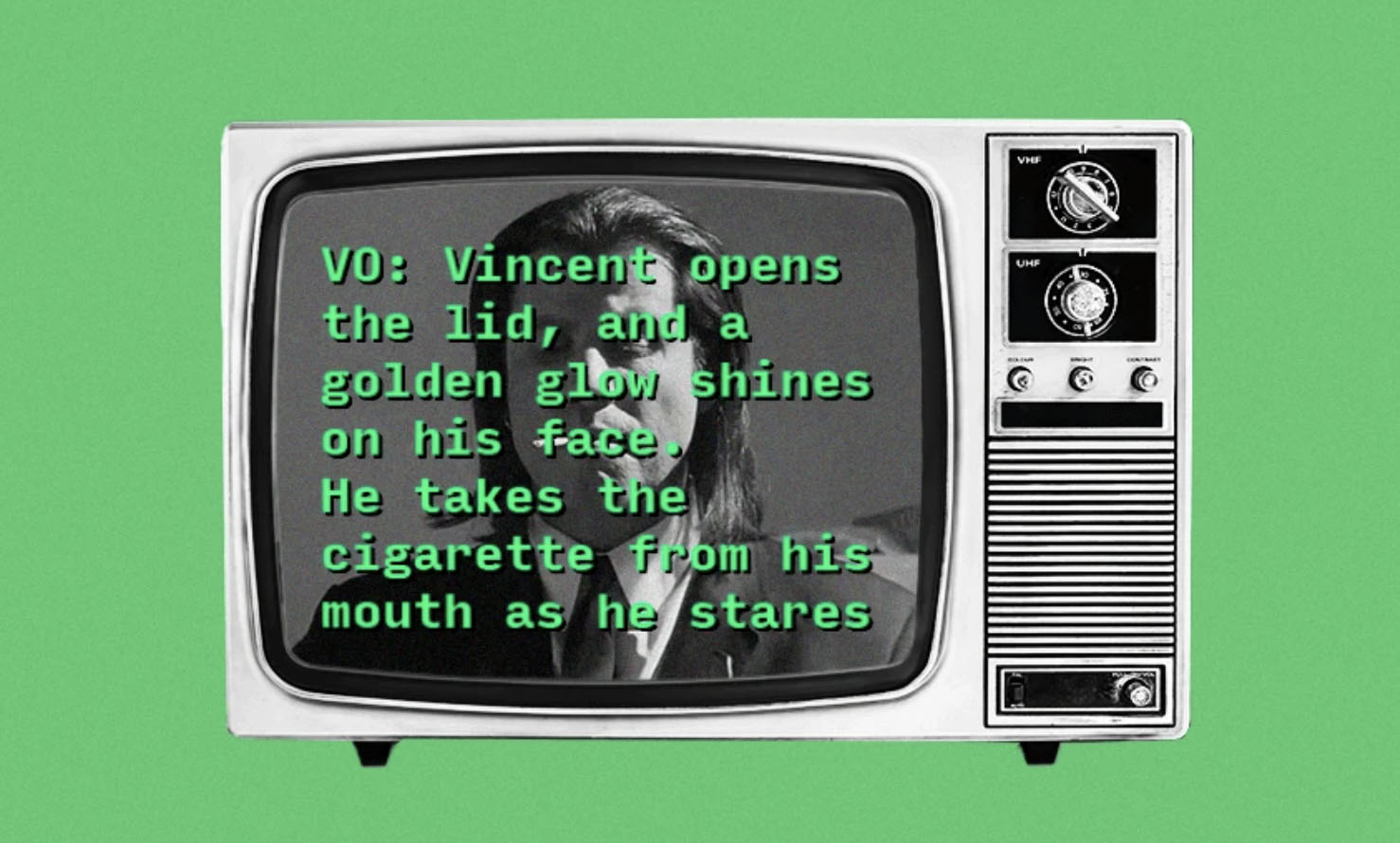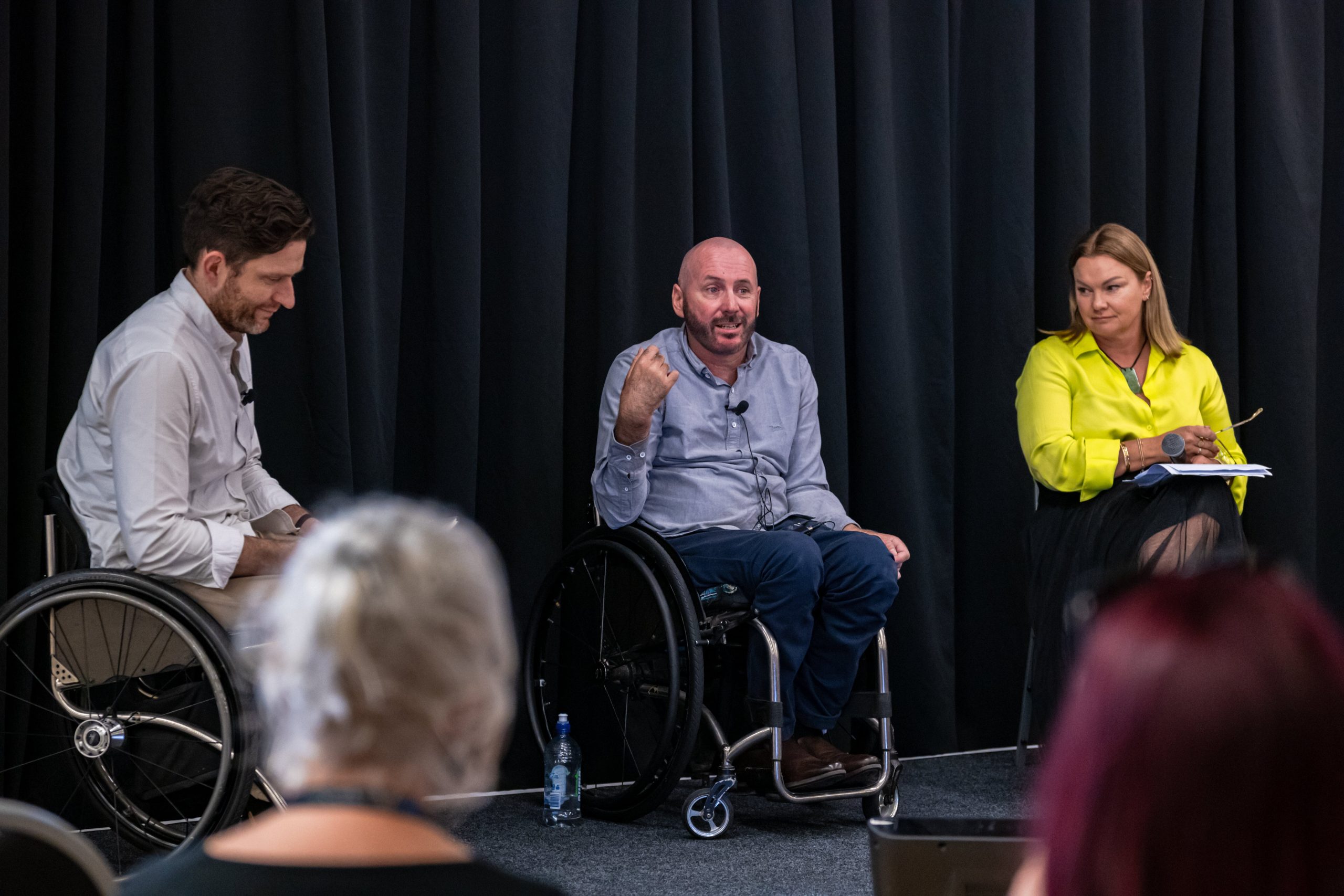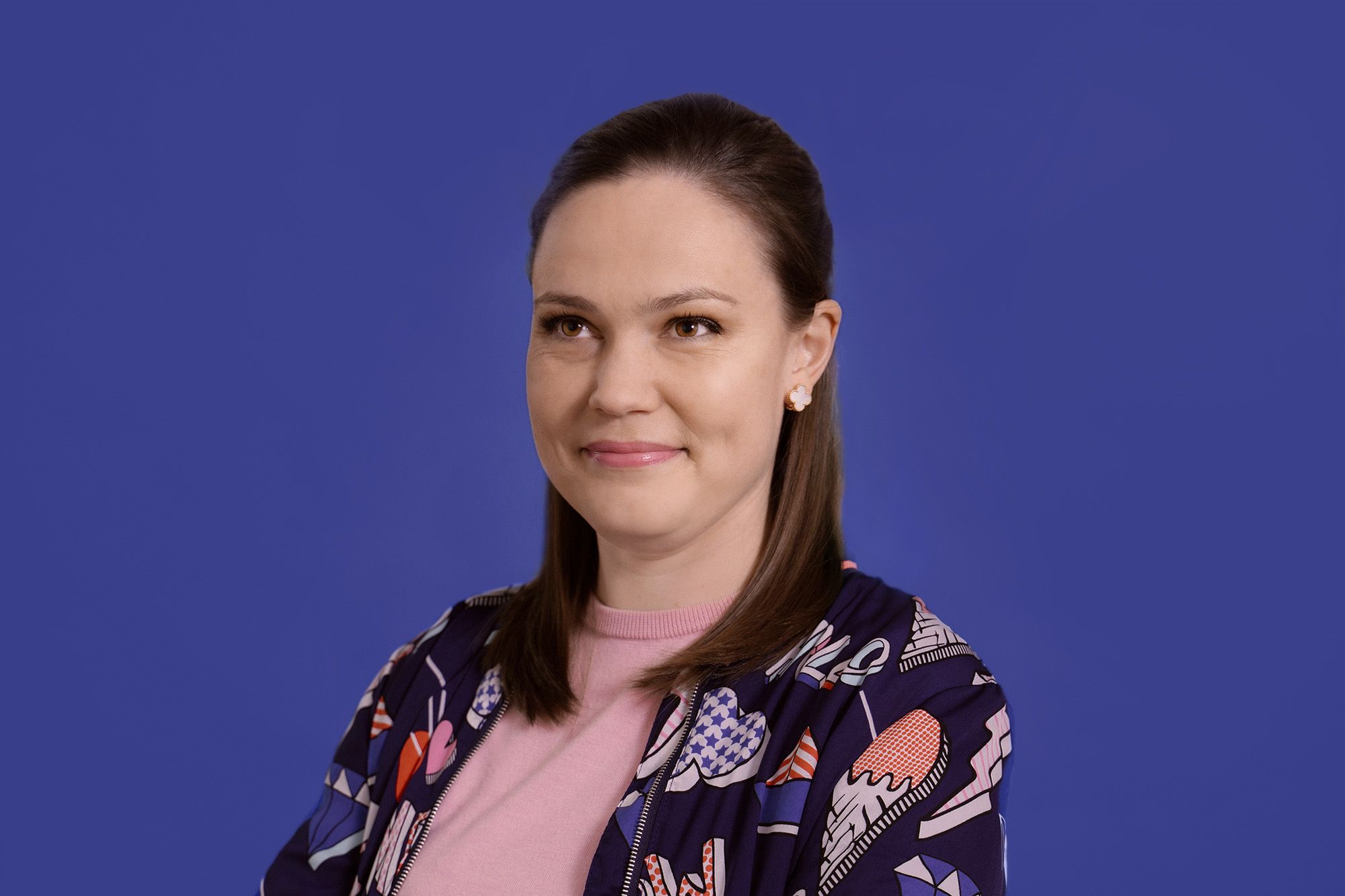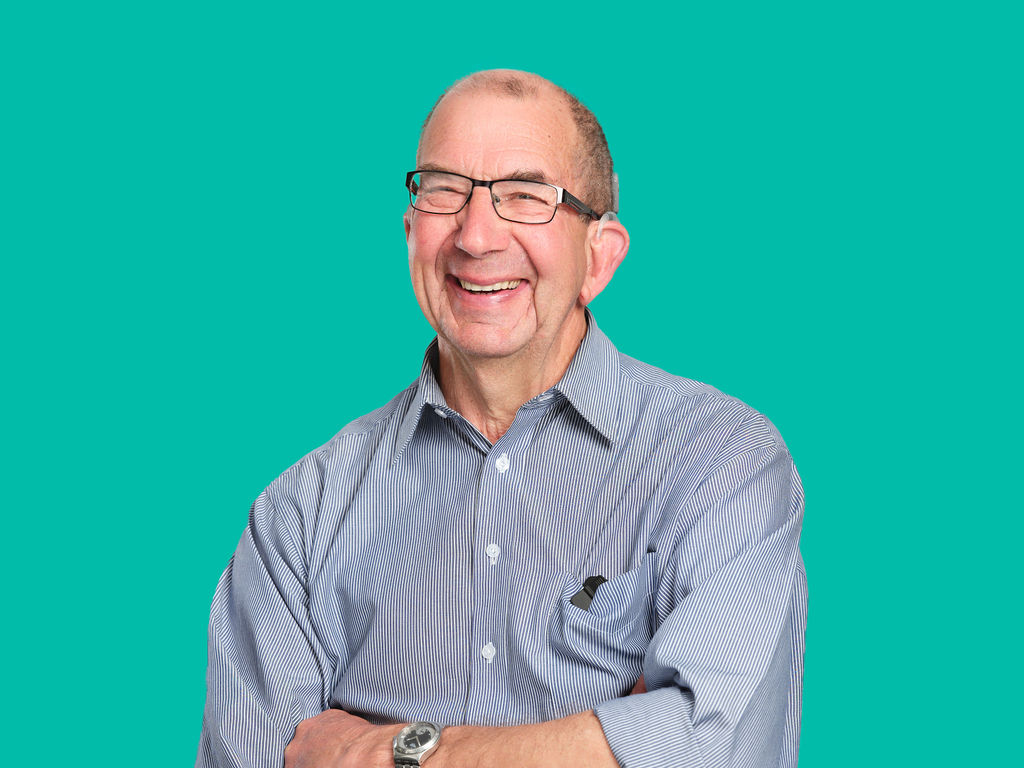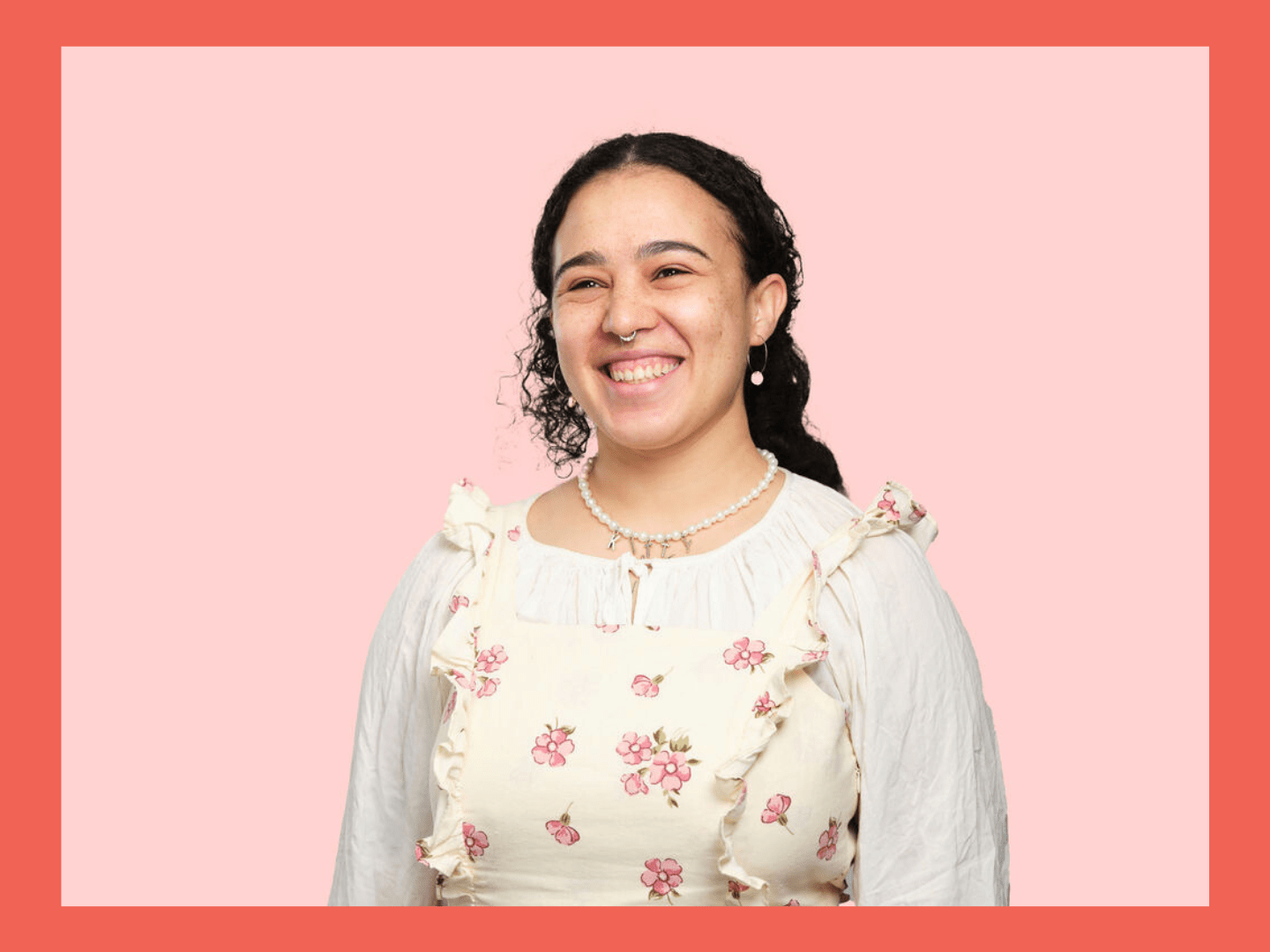
Kia ora Kitty, can you tell us a bit about yourself and your journey to Able?
Hello! I’m Kitty and I use they/them and she/her pronouns. I’m an artist, activist, and writer. My journey to Able was weirdly enough, responding to an expired job ad on Seek as I hadn’t realised it was expired! Still got a job interview which was lucky!
I’m also a big captions user and really advocate for accessibility in media through the activism work that I do, so it was ideal for me to work here at Able and marry all the things I’m interested in together.
Did you know much about audio description and captioning before starting at Able?
No, I didn’t know that much about audio description. But it is something I’m using more often in daily life due to an eye condition I have. I was a big fan of captioning and even said to my partner a long time ago when we were watching something with the captions on that “I would be so good at doing captioning. Is that a job?”.
What inspired you to apply to be a Caption Producer at Able?
I think I’m someone who really cares about attention to detail. I also strongly feel that people of all abilities and walks of life deserve to have equity when it comes to accessibility in media, as media is such a big way of connecting with the world. Cutting people off from that is really disadvantageous and insensitive to people – especially people from already marginalised communities. I was always a big advocate for this kind of mahi prior to joining Able so it’s quite an honour to be part of an organisation that provides closed captioning and audio description. I don’t take the work or the fact that I am part of something like this lightly.
Captioning has also made me really aware of the way I speak and communicate with others. I now tend to see what I’m saying as a visible caption in front of me if that makes any sense! But I find that because of the work I do now, it stops me from going off on too many tangents and speaking messily. I’m more able to connect back to and keep on track with the original thought or topic, and that was something I wasn’t expecting to learn or do until I started doing captioning. It’s been really helpful for me in becoming a more effective communicator.
Tell us about the King’s coronation – how are you feeling about live captioning it and what’s the process like?
For the King’s coronation, it’s the first time I’ll be in the Able offices for a late shift due to the polar opposite time differences between Aotearoa and the UK. I’m excited for it though because I love doing live events, especially this one which isn’t sports as that’s what we normally work on when it comes to live captioning.
With the process for doing a live event like the King’s coronation – I normally try to learn as much as I can about the event. Our news coverage in Aotearoa always takes on a Kiwi perspective and for this one, they’ll most likely be looking at things like how the monarchy will fit into the future of Aotearoa, so I look for ways they may be doing that so I’m not caught out by anything.
On the technical side, it’s a matter of ensuring that the speech software we use understands what I’m saying. I will also try to manually input into the software several names and titles so I have some things ready to go so as to not waste too much time in the moment of live captioning as manually adding things can take a while sometimes! There are some things that you would expect the software to know such as “Duchess” and “King Charles”; but sometimes it ends up making mistakes, despite the software being quite smart. When people talk about AI taking over our jobs, I feel very secure because AI could not do this! The software is helpful for us, but at the same time, it also really takes a human touch to make things as smooth and accurate as possible.
What’s a guiding principle for you at mahi?
When I feel really exhausted or if I’m not looking forward to doing a particular news story, I always try to think about those who need the services we provide. For example, I think about what if my grandparents were at home trying to watch something and couldn’t access it? That would make me feel absolutely horrible. I always, always think about the people on the other side of the screen who need the services we provide.
What’s your dream as a captioner and for the future of the role?
I would love to see and work on more content made here in Aotearoa. I know there are a lot of factors and nuances to why and how media is created here in Aotearoa, but I think we have such an interesting way of communicating as Kiwis. There’s a lot that’s unsaid and our vernacular is quite different from a lot of other places. I’d love to be able to communicate all of those nuances to captions users for more content made here in Aotearoa. On a personal level, I really love being able to contribute in a meaningful way.
Now for a fun question, what country would you love to travel to and why?
Japan. Mainly because I’d love to go to Tokyo Disney!
